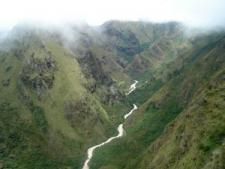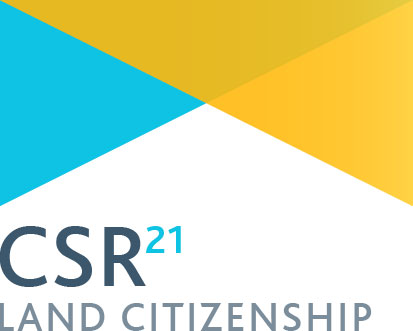
Ollachea’s Unilateral Declaration of Independence Carries Real Risk
Depending on who you talk to the Ollachea gold mine in Peru was - or is - owned by a London-listed mining company called Minera IRL.
If that sounds uncertain, that’s because it is.
Following a series of top-level rows, the key man on the ground at Ollachea, Diego Benavides, has declared the asset unilaterally independent from its owners, Minera IRL.
Independent that is, until he can get the current directors voted off the board and new ones installed.
But that’s always assuming that he can do that.
Minera IRL’s major shareholder is Rio Tinto, on the register since the time the original deal to acquire Ollachea was done back in the early part of the last decade.
And which way Rio will vote isn’t clear at this stage. Will it opt for the letter of the corporate law as interpreted in the capitalist capitals of the world – in this case Toronto or London – or will it take a more pragmatic view, as well it might given its experience operating in all the corners of the earth, and recognise that possession, as the old saying goes, is nine tenths of the law.
And lest anyone be in any doubt that Diego Benavides and the parties that he represents are in possession, the local community at Ollachea, which has been all in favour of development for many years, suddenly rose up in protest when Daryl Hodges, a former Minera IRL chief executive went to visit and attempt communication.
The precise relationship between Mr Benavides and the protestors hasn’t been established, but one of the principal demands of the protestors was that he be re-instated in the role of temporary chief executive of Minera the listed vehicle, a position he was appointed to in May and removed from in August.
His removal followed what the board of the listed vehicle called “allegations of impropriety”. But the key event was the first rumblings amongst the local community a week earlier, when development work had had to be suspended due to protest.
The obvious read-across is that under pressure from his enemies on the board of Minera the listed vehicle, Mr Benavides played his strongest card – his ability to influence the community and to shut down work.
His ability to play that card is now in dispute, as each party wages a publicity war against the other via PR agencies, brokers, blogs, bulletin boards and even direct threats against journalists.
The representatives of the listed entity argue that Mr Benavides’ allies in the local community don’t actually speak for the entire community, which is now up in arms that development work has been stymied.
Mr Benavides’s side argues that any attempt to circumvent the official community representatives shows massive disrespect for the locals and is also damaging to the overall cohesion of the community.
In the meantime, both sides continue to fling allegations of criminality at each other. Mr Benavides is under criminal investigation by the police, according to corporate Minera, while corporate Minera’s current chairman, Jaime Pinto, is alleges the other side, compromised by earlier allegations of corruption.
In the middle of this all sits a local community which by all accounts had enjoyed a generous subsidy from Minera IRL, and which is no longer enjoying such benefits.
Finance to get a mine built at Ollachea hasn’t been easy to come by, given the recent downturn in mining markets.
But over the summer, before all this trouble kicked off, it had looked like it was slowly coming together.
Now though, the idea that the locals are going to be in line for a slew of highly skilled mining jobs any time soon looks more like a pipe dream.
International investors are unlikely to come back to this story in a hurry, even if the situation is resolved rapidly from here on in.





